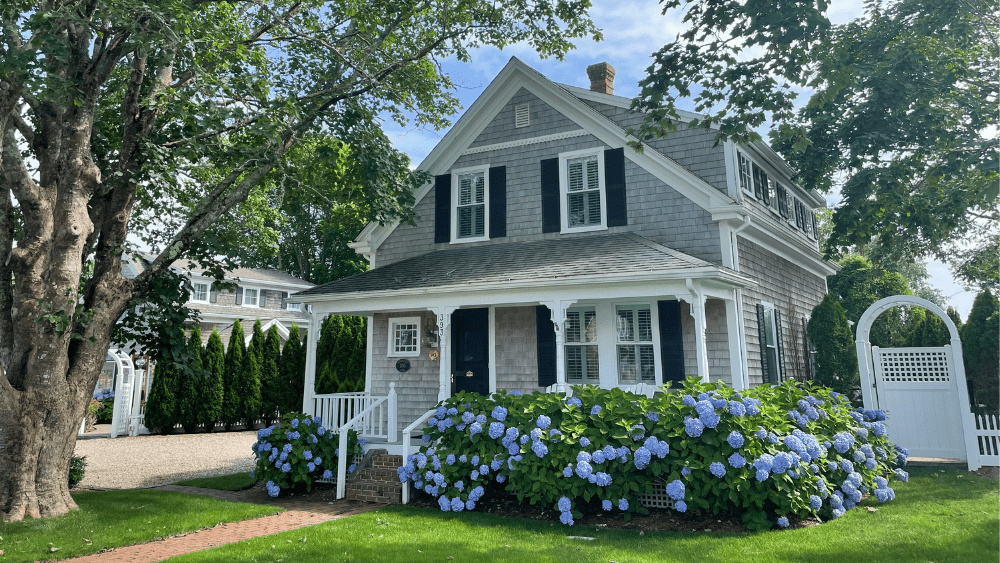
There’s a fine line between pricing a house too low or too high. List it too cheap, and you’ll miss out on netting a higher profit, but list it too high, and it can sit on the market for months, making it harder for the property to sell. So, how do you price your home right? To avoid the quicksand of under or overpricing, we sat down with two top real estate agents to vet their expert advice on how to price a property to sell. “If you can price it and show it right, you can create more urgency day three on the market than you can day 33, or day 63, or day 93,” advises Kenny Klaus, a top agent in Mesa, Arizona, with 25 years of experience. Price the house wrong, and you look at price reduction after price reduction (which could attract lowball offers down the line) and months of extra costs, not to mention, as Klaus says, the “disruption of putting your house on the market.” With a little research, market analysis, and some cold hard logic, you can price your home to sell – and sell fast – on the first try. In this guide, we’ll show you stat-backed ways to find your perfect list price. There are a number of reasons real estate experts caution sellers to avoid overpricing their homes. While it may seem counterintuitive, asking too much can backfire. Here are some of the dangers you might encounter. If you hope that an above-market list price will get you more in the long run, reconsider. Klaus told us about one client who made that fatal mistake: “We’re actually dealing with one right now. My brother went and did the listing appointment and they went with another agent and priced it $20,000 to $25,000 more than what we said. They did two price reductions and fired the agent.” Sure, it’s exciting to think about getting significantly more for your home than you originally thought, but overpricing isn’t the way to go. “Now they’re listing with us at a price that we feel, based on black and white — not emotions, not what their neighbor said, not what their best friend’s co-worker’s spouse told them to list it for, not what Zillow listed it for, but truly what the market is based on adjustments to the property,” says Klaus. According to The National Association of Realtors (NAR), homes typically sold within 24 days in May 2024, with nearly two-thirds (67%) of surveyed Realtors reporting that properties sold in less than one month. “The longer the property sits on the market, the staler it becomes,” says Wendy Rich-Soto, a top real estate agent in Los Angeles who sells properties 50% faster than the average agent in her market. “You really want to move it in the first two weeks because that’s when all the excitement and all the traffic happens.” Potential buyers become skeptical of long-listed properties, wondering about the condition of the home; whether it’s in a dangerous neighborhood, positioned next to a noisy freeway, or if it’s suffering from a damaged foundation. Besides a slow sale, pricing a property too high can also lead to problems when it comes time for the appraisal. Even if you get a buyer at a high price point, the home might still appraise for market value. In that case, you’ll likely have to lower the price anyway so that the buyer can get approved for a mortgage loan. Or, the buyer will have to come up with cash for the difference. Another risk is if a home is priced too high, buyers might come in with lowball offers to get the home right at or right below market value. All in all, you’ll simply make more if you start at market value from the beginning. Klaus adds, “Statistically, people end up netting less list price to sales price once they have to start making adjustments from where they should have just listed it in the first place.”What are the dangers if your home is priced too high?
Price reductions and a longer process
A stale listing attracts less buyers
Buyer may not be able to get loan approval
You might field lowball offers



